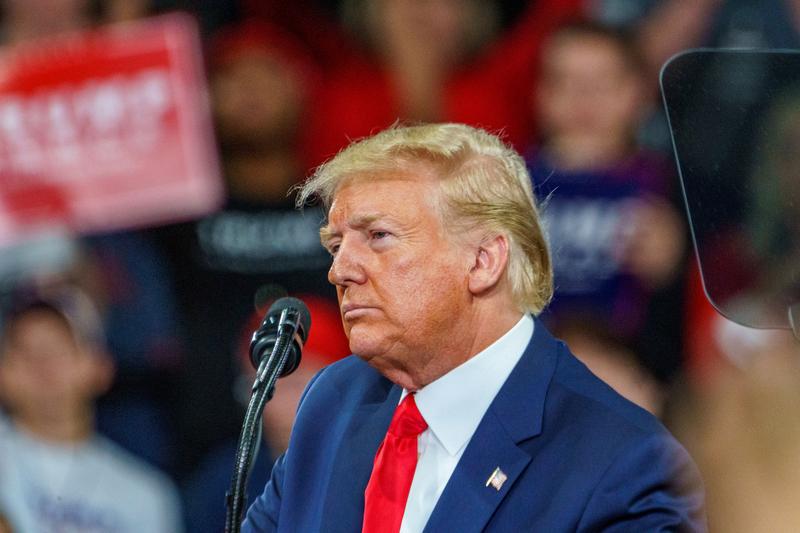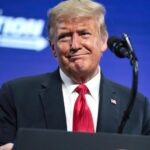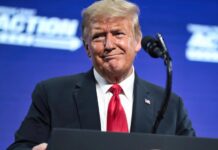President Donald Trump offered a neutral response to Elon Musk’s public apology on Wednesday, June 11, 2025, accepting the billionaire’s expression of regret while maintaining the administration’s firm stance after a contentious week-long dispute.
White House Press Secretary Karoline Leavitt shared Trump’s reaction during a briefing, stating the President acknowledged the statement from Musk and appreciated it. The administration also indicated it was not reviewing Musk’s government contracts, despite Trump’s previous threats to end billions in federal subsidies and agreements.
Trump’s response followed Musk’s apology on X, where the Tesla CEO expressed regret for some of his posts about the President from the prior week, acknowledging they were excessive. This marked a significant shift from Musk’s earlier aggressive criticisms, which included calls for Trump’s impeachment and unsubstantiated allegations about the President’s ties to the Jeffrey Epstein files.
Trump’s acceptance of the apology demonstrated political restraint while maintaining his influential position. Rather than escalating tensions, Trump chose a gracious approach, reinforcing his leverage over Musk, whose business ventures heavily rely on government contracts worth billions of dollars.
In a brief phone interview with the New York Post, Trump described Musk’s gesture positively, stating, “I thought it was very nice that he did that.” This comment reflected Trump’s readiness to accept the apology while maintaining his presidential authority.
The reconciliation process started after extensive White House outreach coordinated by Vice President J.D. Vance and Chief of Staff Susie Wiles, who communicated with Musk by phone. Their efforts led to a brief direct conversation between Trump and Musk on Monday night, which was enough to initiate the apology.
Trump’s handling of the situation showed his understanding of the mutual benefits derived from their relationship. While Musk offers significant financial support and technological expertise, Trump controls regulatory approvals and federal contracts crucial to Musk’s space exploration and electric vehicle projects.
The dispute began over Trump’s domestic policy legislation, the “One Big Beautiful Bill,” which Musk criticized as a “disgusting abomination” that would increase the federal deficit substantially. Their conflict quickly escalated on social media, with Musk claiming credit for Trump’s election victory and suggesting impeachment.
Trump responded strongly during the peak of their conflict, threatening to terminate Musk’s government subsidies and contracts in a Truth Social post, presenting it as a straightforward way to save billions in the budget. The President also questioned Musk’s mental state in private talks, suggesting the billionaire had lost his mind during their public exchanges.
The financial stakes were significant for both parties. Tesla’s stock dropped about 14 percent during their dispute, losing approximately $150 billion in market value in one day, while Musk’s personal net worth decreased by $34 billion, according to Bloomberg’s analysis. This economic pressure likely influenced Musk’s decision to seek reconciliation.
Trump’s measured response contrasted sharply with his earlier threats and personal attacks. At the height of their conflict, he referred to Musk as “the man who has lost his mind” in an ABC News interview and indicated no intention of speaking with the Tesla CEO.
The administration’s decision not to review Musk’s government contracts was a significant concession, maintaining business relationships worth billions of dollars. SpaceX holds crucial contracts for NASA missions and national security launches, making its services nearly irreplaceable in the current space program.
Privately, Trump’s confidants said the President was more hurt than angry about what they called Musk’s betrayal, suggesting personal disappointment, rather than purely political calculation, drove his initial reactions. The eventual reconciliation demonstrated both men’s recognition that continued cooperation served their interests.
Trump’s response also considered broader political implications for Republican unity and upcoming legislative priorities. House Speaker Mike Johnson expressed hope for a quick resolution of their dispute, emphasizing the importance of party cohesion for passing the domestic policy bill through the Senate, where Republicans hold a narrow majority.
Industry observers noted that Trump’s handling of the situation reinforced his leverage in future dealings with wealthy supporters and technology leaders. By showing a willingness to use presidential power against major donors, Trump established clear boundaries for acceptable behavior from his allies.
The reconciliation occurred as Musk prepared to unveil Tesla’s robotaxi project later this month, highlighting the need for regulatory cooperation that only Trump’s administration could provide. The timing underscored the practical considerations that motivated both men to resolve their conflict.











